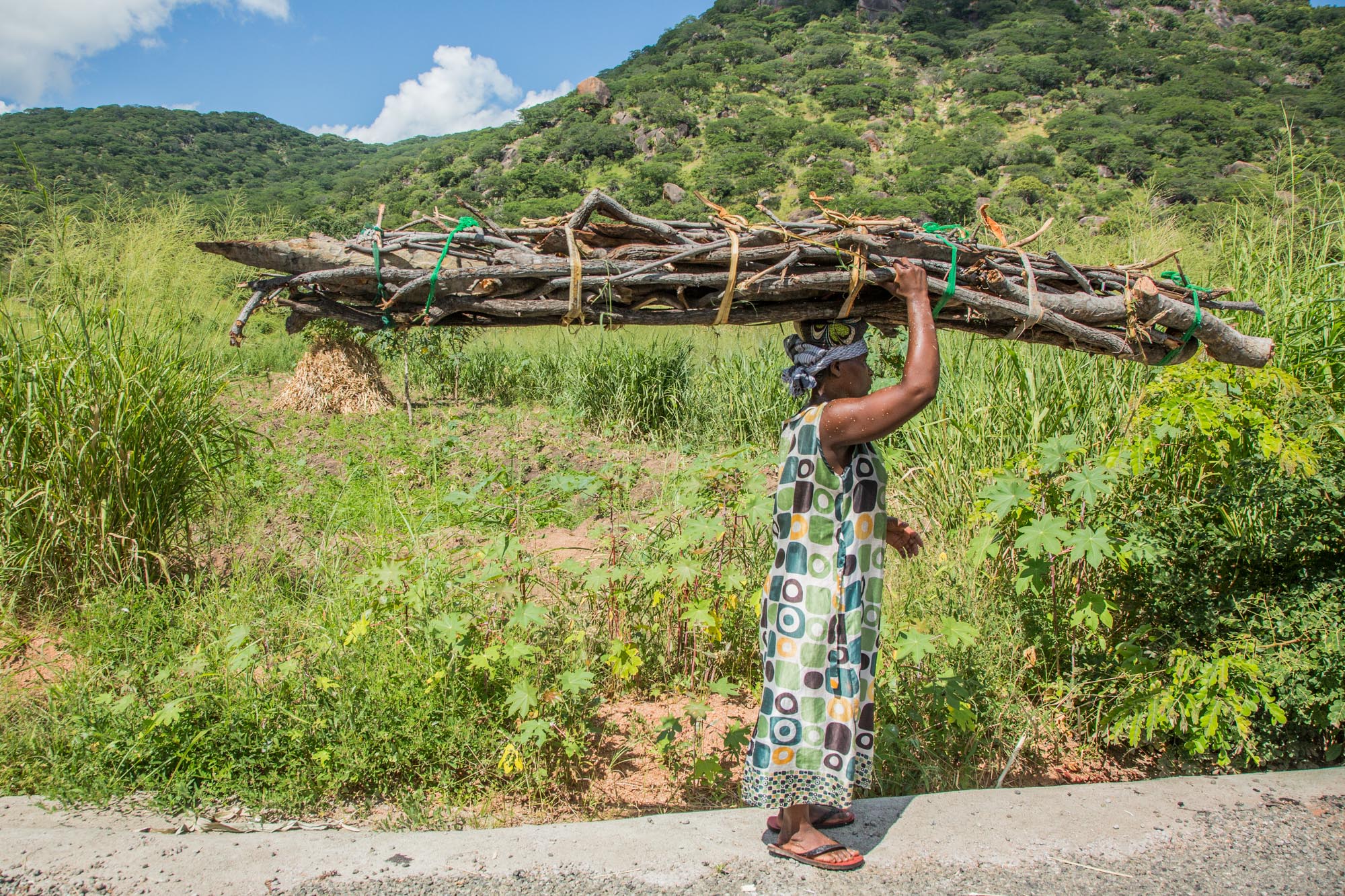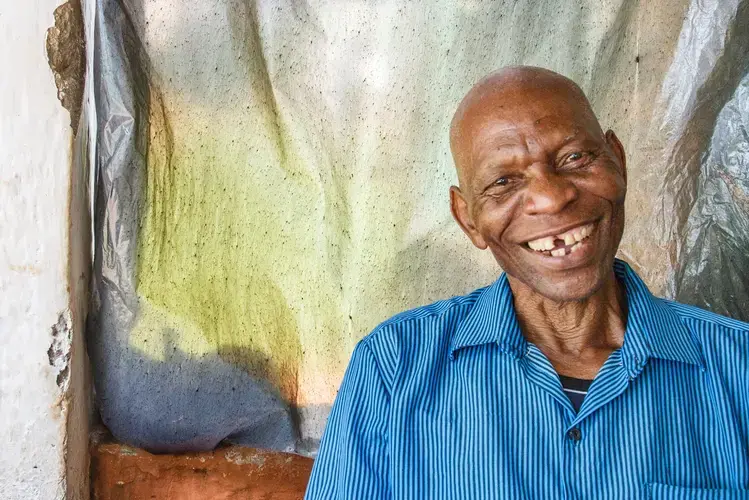
Charity Gogoda, 21, and her teenage friends Merida and Rhoda are on their way back from a three-hour trek into the forest on the slopes of Mount Mulanje, a large rock formation in Malawi’s Southern Region, close to the border with Mozambique. Charity points to the 25kg bundles of firewood perched on each of their heads. "It’s heavy," she says.
Every three days the young women make the journey from their village Mulema – a little hamlet surrounded by tea plantations – to collect wood in the rocky terrain.
"We need it for cooking nsima," says Charity. Nsima is Malawi’s traditional maize porridge that has to be cooked fresh and served warm.
The burden of firewood collection falls on women and girls. Sometimes, girls as young as 10 years old become responsible for the provision of household energy needs – collecting wood, hauling water, growing food and cooking are a full time job that needs to be balanced with education, and often care of siblings.

Chief Paulo Douglas of neighbouring Mulumbe village is concerned. "The men of this village complain to me because the women spend more time on the mountain than before," he says. They are away from home for hours as they need to travel further and further into the forest to collect firewood, and this is causing conflict between husbands and wives.

Rose Kagaso from Chikwawa, another village in the Southern region, routinely makes two hour trips with her daughter to collect firewood. "Down by the river it’s dangerous," she says. "The crocodiles are on the hunt there."
By "crocodile" she refers not only to actual animals, but also to human predators. Due to stigma, those who come home from the forest bleeding talk about the crocodile.
While firewood becomes scarcer and scarcer, the burden and danger of wood collection has increased. Charity Gogoda confirms: "A bundle of firewood lasts only a few days, and then we have to go out again."













